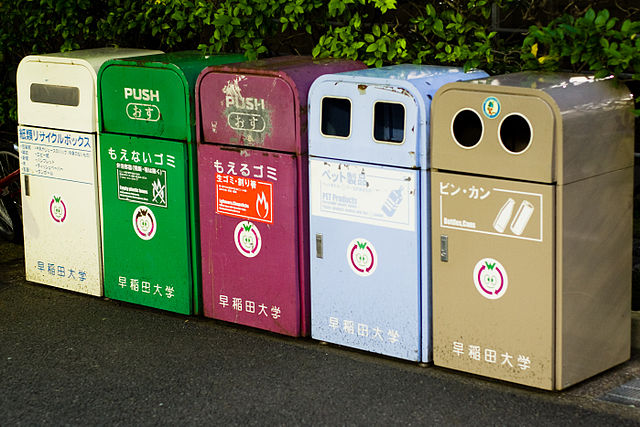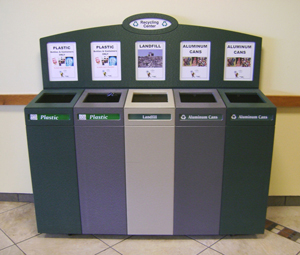A small intervention for a large Transition Design goal of widespread sustainable habits
overview
My Senior Design Research Studio concentrated on wicked problems and using Transition Design as a mode for intervention. A wicked problem is one that can never be completely solved. It is multi-causal, multi-scalar, and interconnected with other wicked problems.
For the first eight weeks, each of my team members focused on researching problems specific to Pittsburgh. We then came together in a self-defined group based on new awareness and interest. Between the five of us (Kevin Gao, Emily Mongilio, Jeong Min Seo, and Raphael Weikart), we have deep knowledge regarding gentrification, access to food, access to affordable housing, and air quality.
After deliberating over these issues, we noticed they can all be traced to early behavior. Bringing understanding and empowerment surrounding the state of Pittsburgh early in a citizen’s life would be an effective way to plant seeds for longer-term change. Plant a Seed is a movement, and this physical card deck paired with a virtual Snapchat experience are the first of a series of interventions.
My roles: sustainability research, card deck experience (concept + copy)
Process
Follow my thoughts and full process here.
The card deck contains a variety of cards with information about the current state of the environment, how we can help, what Carnegie Mellon is already doing to help, and blank cards for users to share their own ideas. The deck is passed from friend to friend, slowly but intentionally building a strong community.
The Snapchat Discover page takes users on a tour of Carnegie Mellon to find existing sustainable practices around campus. Users can unlock fun filters and are invited to share their own sustainable habits to our story.

































